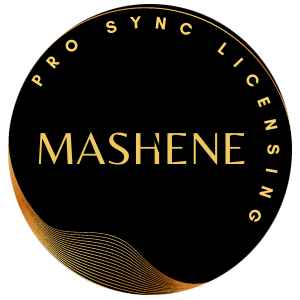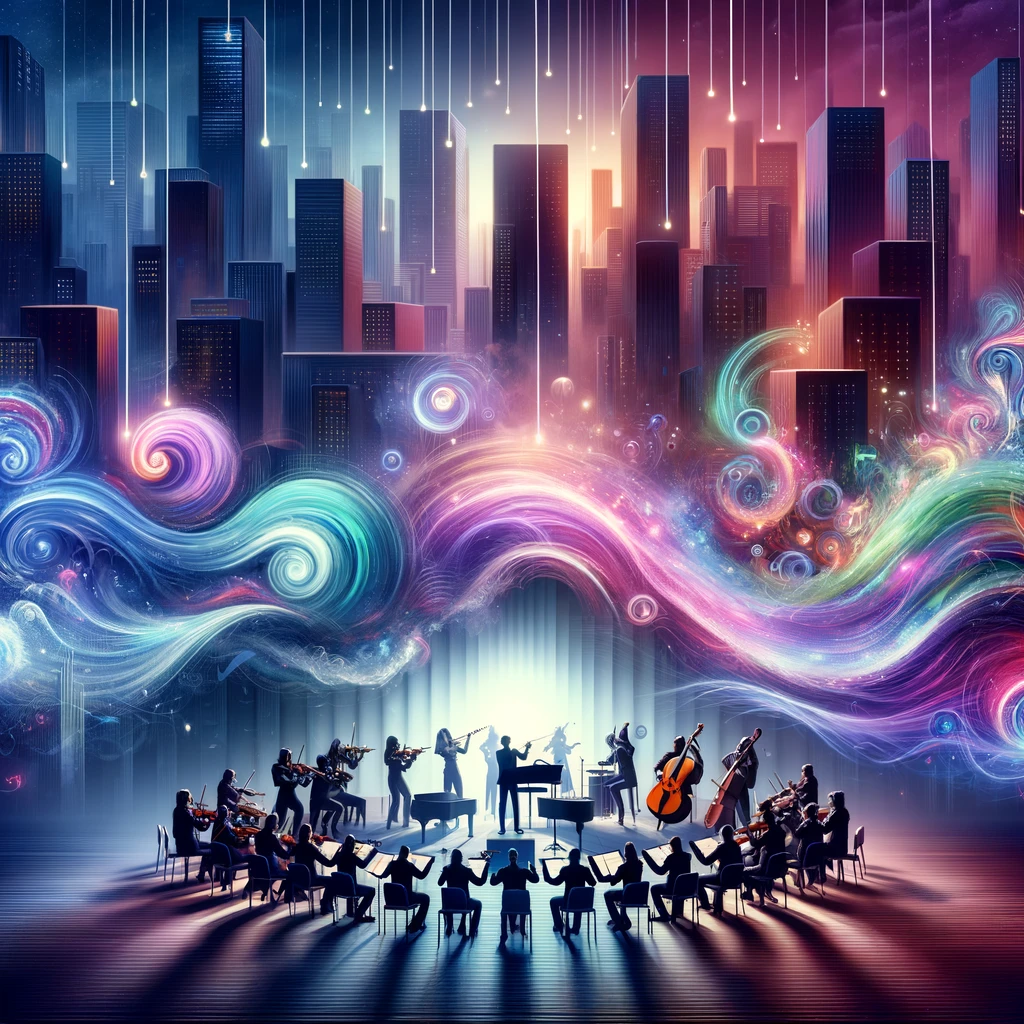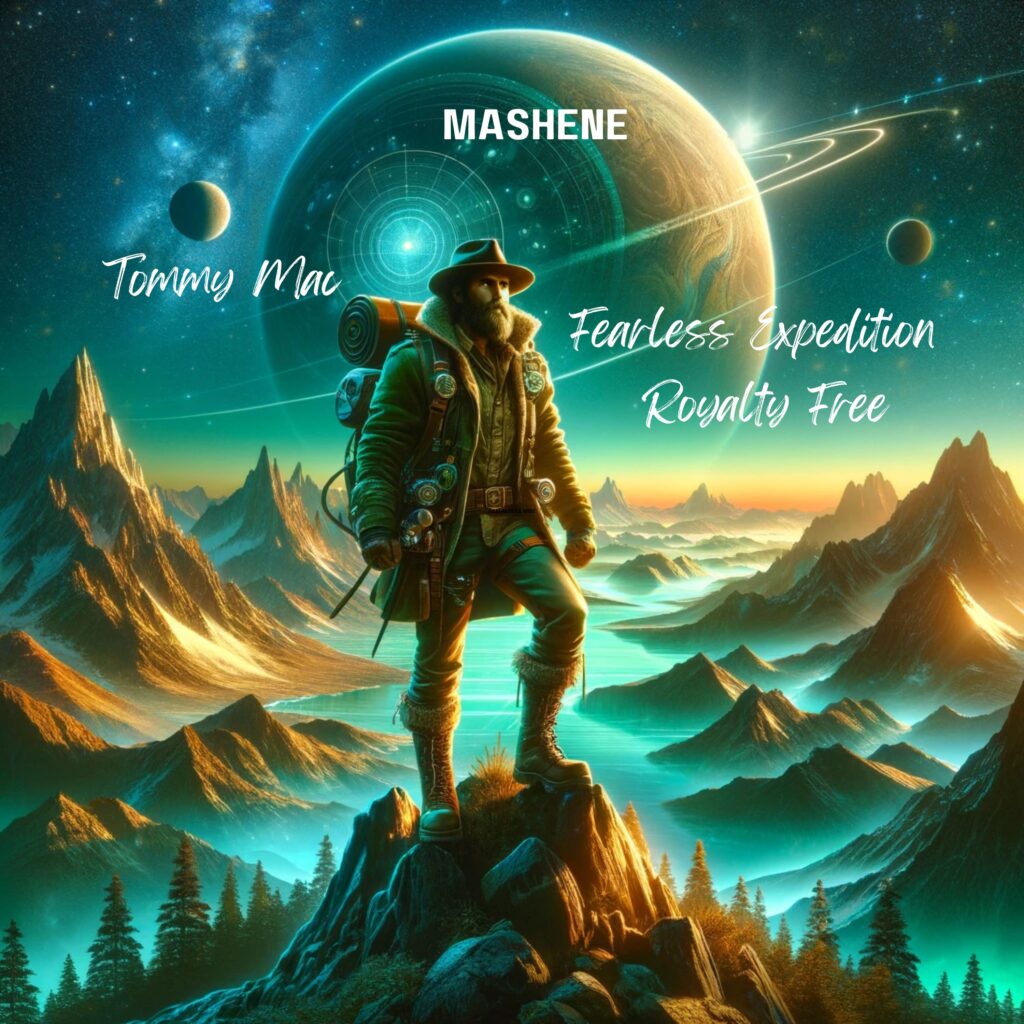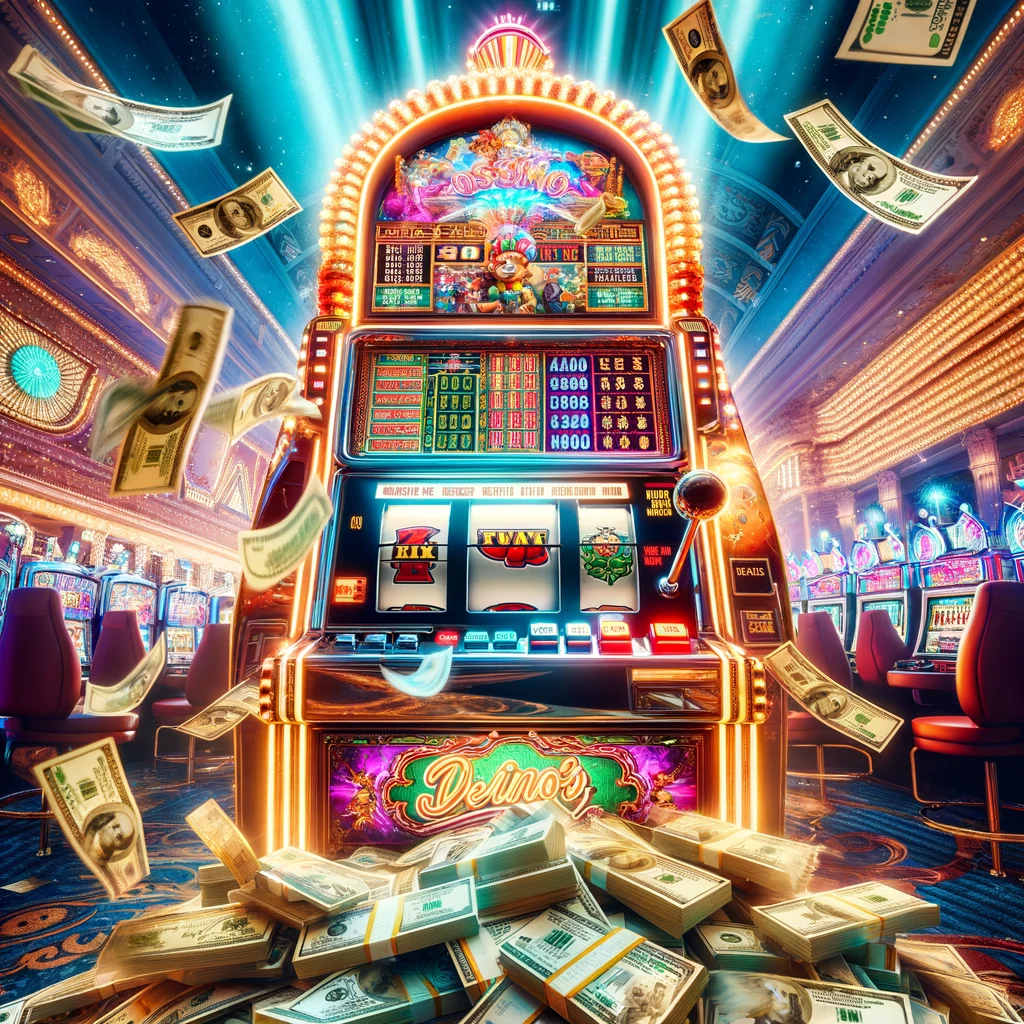
How to Secure the Right Music Licensing for Your Creative Project.
As a creative professional, whether you’re a filmmaker, video producer, or content creator, you understand the importance of having the right music to accompany your work. Music can help evoke emotions, set the tone, and make your content more engaging and memorable. However, using music in your projects without the proper licensing can lead to legal issues and potentially costly consequences. In this blog post, we’ll discuss how to secure the right music licensing for your creative projects.
Firstly, it’s important to understand what music licensing is and why it’s necessary. Music licensing is the legal process of obtaining permission to use copyrighted music in your projects. It’s important to note that just because a song is available to purchase or stream doesn’t mean that you have the right to use it in your projects without obtaining the proper licensing.
There are several types of music licensing that you may need to consider, depending on the intended use of the music in your project. The most common types of music licensing include synchronization (sync) licensing, master use licensing, and performance licensing.
Sync licensing is the most common type of licensing for creative professionals, as it pertains to using music in synchronization with visual media, such as in films, television shows, commercials, and online videos. Sync licensing grants you the right to synchronize a specific piece of music with your visual media.
Master use licensing pertains to the actual recording of a piece of music. If you want to use a specific recording of a song in your project, you will need to obtain a master use license from the owner of the master recording.
Performance licensing pertains to the public performance of a piece of music. This includes playing music in a public setting, such as in a store, restaurant, or at an event. Performance licensing is typically obtained through a performing rights organization (PRO), such as ASCAP, BMI, or SESAC.
Now that we’ve covered the basics of music licensing, let’s dive into how to secure the right licensing for your creative projects.
- Determine the type of license you need
The first step in securing the right music licensing is to determine the type of license you need. This will depend on the intended use of the music in your project. If you’re using music in synchronization with visual media, you will need to obtain a sync license. If you want to use a specific recording of a song, you will need to obtain a master use license.
- Identify the owner of the copyright
Once you’ve determined the type of license you need, you will need to identify the owner of the copyright. This could be the songwriter, the music publisher, or the record label, depending on the specific piece of music.
- Reach out to the rights owner or licensing agency
After identifying the owner of the copyright, you will need to reach out to them or their licensing agency to obtain the proper licensing. This may involve submitting a licensing request and negotiating the terms of the license, such as the duration of use, territory, and fees.
- Consider using royalty-free music
If obtaining licensing for a specific piece of music proves to be too difficult or costly, you may want to consider using royalty-free music. Royalty-free music is music that is available for use in your projects without the need for individual licensing agreements. There are several websites that offer royalty-free music libraries that you can browse and purchase from.
- Keep detailed records
Finally, it’s important to keep detailed records of all of your music licensing agreements. This includes the type of license, the owner of the copyright, the terms of the license, and any fees paid. Keeping detailed records can help protect you in the event of any legal disputes or issues that may arise.
To recap, understanding the importance of sync licensing in the music industry is essential for creatives. As a creative professional, it is important to secure the right music licensing for your projects to avoid any legal issues and ensure that you have the freedom to use the music in the way that you want.
By following the step-by-step guide to sync music licensing for creatives, you can navigate the process with confidence and ensure that you are making informed decisions. Remember to always do your research and consider all of your options when selecting music for your projects.
Additionally, it’s important to note that while sync licensing can seem overwhelming at first, there are many resources available to help you along the way. Don’t be afraid to reach out to experts in the industry or to consult online resources such as the Mashene Music Group blog or substack.
At the end of the day, sync licensing is a vital part of the music industry and one that all creatives should take seriously. By following the tips and advice outlined in this guide, you can navigate the process with ease and confidence, allowing you to focus on creating the best possible content for your audience.







